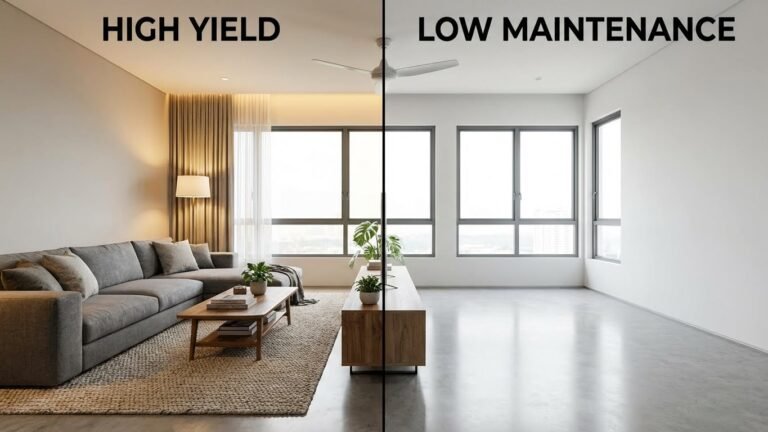Keeping Pets in a Rented Property — What’s Legal, What’s Not
Pet ownership in rented homes has become a growing debate in Malaysia. Some landlords ban pets entirely, while others allow them but set strict conditions.
So, what’s actually legal — and what’s just a matter of agreement?
1️⃣ No Specific Law — It’s All About What’s in the Agreement
Malaysia doesn’t have a national law that directly says whether landlords must allow or can ban pets.
What does matter is your tenancy agreement.
That’s where both sides agree:
- Whether pets are allowed
- What kind of pets are acceptable (e.g., small dog, indoor cat, aquarium fish)
- Conditions for hygiene, noise, and potential damage
If it’s written in the agreement and signed, it’s legally binding.
👉 No clause = potential dispute later.
2️⃣ Landlords: You Have the Right to Decide
Landlords can prohibit pets — especially in strata properties like condos and serviced apartments, where management by-laws may already restrict animals.
Even if you want to be flexible, your agreement should protect you by clearly stating:
- Permission applies only to specific pets (e.g., “1 cat named Luna”)
- Tenant must repair or clean any damage caused by pets
- You reserve the right to revoke consent if the pet causes nuisance
This clause prevents “surprises” — like finding three extra dogs in the unit.
3️⃣ Tenants: You Have Responsibilities, Too
If your landlord allows pets, it’s on you to ensure:
- No noise or smell disturbs neighbours
- Pet doesn’t damage floors, doors, or furniture
- You comply with local council and building rules
If your tenancy agreement bans pets and you bring one in anyway, it’s technically a breach of contract. The landlord could deduct from your deposit or even terminate the tenancy with notice.
Tip: Always get written approval, even if your landlord says “ok” verbally.
4️⃣ What If the Property Is a Condo or Apartment?
Here’s where many Malaysians get confused.
Even if your landlord agrees and your tenancy agreement allows pets, the building management (JMB or MC) can still say no — and their decision legally overrides what’s in your tenancy.
Under the Strata Management Act 2013, the JMB or MC has the authority to set and enforce house by-laws to maintain cleanliness, hygiene, and peace in the building.
That means:
- If the condo’s by-laws ban pets, you cannot legally keep one there — even if your landlord says it’s fine.
- The management has the right to issue warnings, fines, or require the pet to be removed.
- If a dispute arises, the management’s rules take priority over private agreements between landlord and tenant.
So while your tenancy agreement is binding between you and the landlord, it cannot override statutory or building by-laws.
5️⃣ The Best Way to Avoid Disputes
Everything should be clearly written, not assumed.
That’s why our DIY Agreement (DIYA) packs make it easy for both sides —
✅ The Pro-Landlord version lets you specify exact pet conditions and protect your property.
✅ The Pro-Tenant version gives tenants clear rights to keep pets responsibly within management rules.
With bilingual templates and guidebooks, both parties understand the same thing — in English and Bahasa Malaysia.
✳️ Key Takeaway
Pets can bring warmth to a home, but without clear terms, they can also bring conflict.
Whether you’re a pet-loving tenant or a cautious landlord, a well-written tenancy agreement is your best protection.






